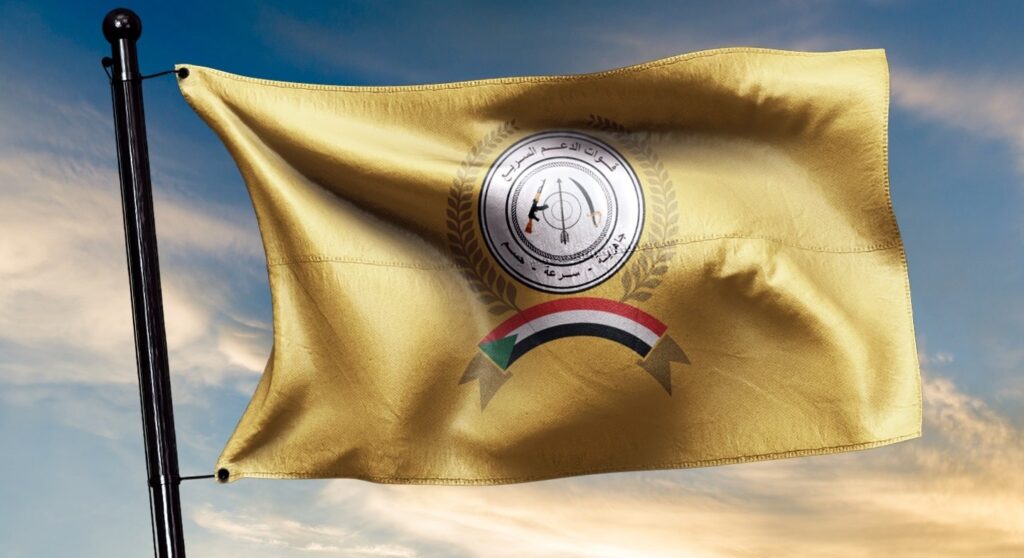
Following the escalation of fighting in El Genaina, the capital of West Darfur in Sudan, Doctors Without Borders (MSF) teams working on the opposite side of the border in eastern Chad witnessed an immediate and significant increase in the number of people arriving. Just over the past weekend, MSF received 36 injured individuals. The majority of refugees coming from Sudan are women and children, recounting widespread stories of violence against civilians.
In this context, the field coordinator for MSF in Adré, a Chadian city situated on the Sudanese border, Stephanie Hofmann, stated, “In the first three days of November, we have seen more new arrivals of Sudanese refugees than during the whole previous month; about 7,000 people crossed the border. We have seen mothers and children who had to leave Sudan with nothing, as their homes were being destroyed.”
At a health center near the border crossing in Adré, the organization’s teams provide medical services to newly arriving refugees by vaccinating children against measles, conducting malnutrition screenings, and referring those in need of urgent specialized healthcare directly to the Adré hospital, where MSF teams and Chadian Ministry of Health staff provide treatment.
Refugees await new arrivals from Sudan just a short distance from the border crossing, hoping to receive news about their families. Often, they receive news about the loss of their loved ones in Sudan. Additionally, MSF teams are now providing psychological support to individuals with critical conditions at the border crossing and have installed a water tank to provide safe drinking water after the arduous journey.
Many of the patients suffering from gunshot wounds, particularly in the abdomen, back, and legs, have reported horrifying acts of violence in El Genaina and attacks on the road to Chad, where armed men open fire on fleeing individuals. At the same time, MSF teams in Al-Fashir, the capital of North Darfur, are witnessing large numbers of people leaving the city, fearing being trapped due to the escalating violence.
Claire Nicolet, head of MSF emergency response for Chad and Sudan, highlights that despite the joint efforts of local communities, authorities, and humanitarian organizations, the humanitarian response still doesn’t sufficiently address the crisis in eastern Chad. This strain also impacts the vulnerable host communities as many people reside in inadequate camps with continuing dire conditions.
Since the start of the war in Sudan over six months ago in April, millions have been forced to flee, leaving their homes and livelihoods behind. While most remain in Sudan, approximately 1.1 million people have crossed the border into neighboring countries, with the majority now present in Chad, a country already facing multiple humanitarian crises.




